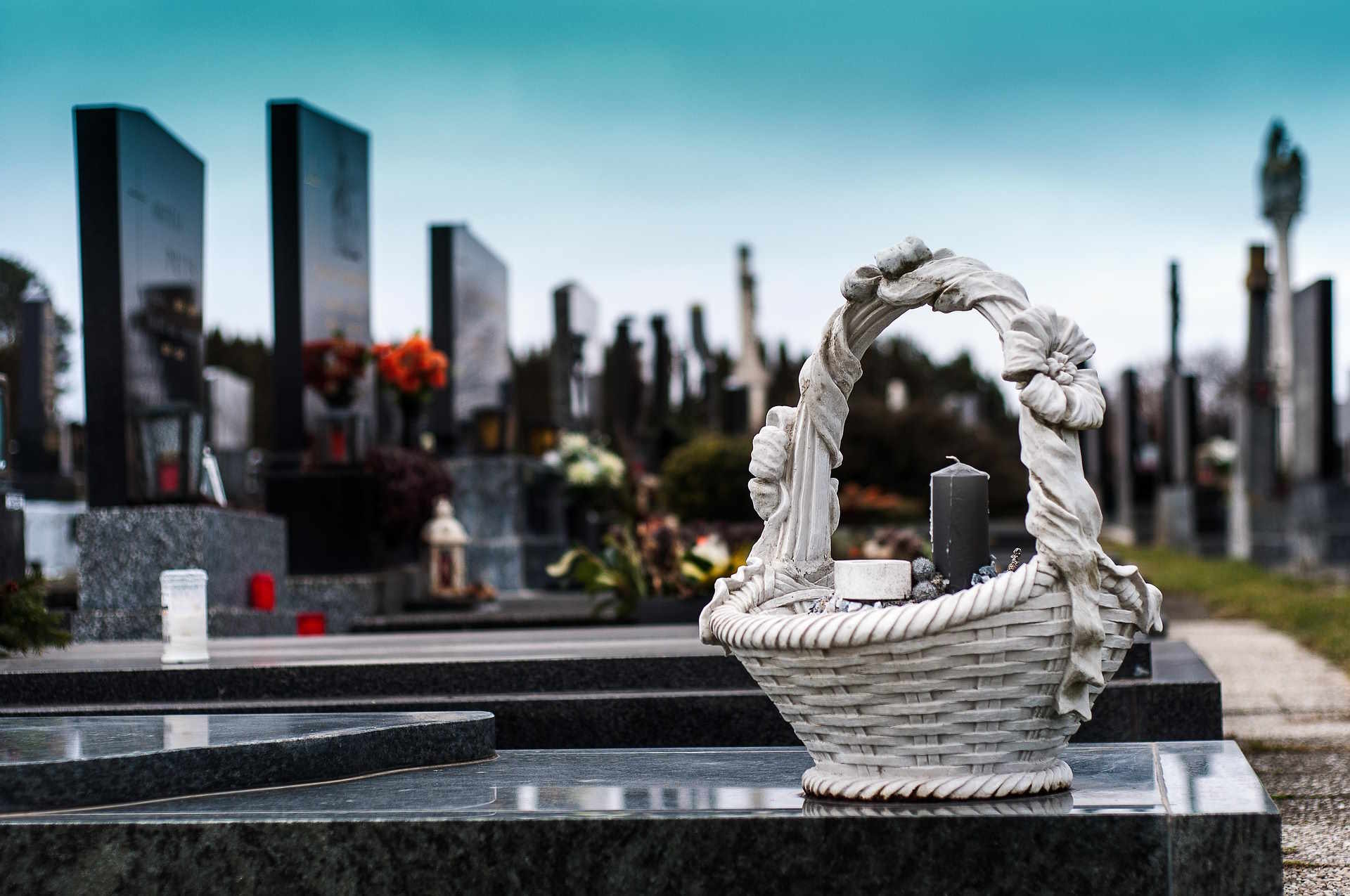Cremation in the UK: Costs, Process and Key Considerations.
Cremation has become an increasingly popular choice for end-of-life arrangements in the United Kingdom. This method of disposition offers a range of benefits, including lower costs, environmental considerations, and flexibility in memorial options. As more people explore alternatives to traditional burial, understanding the process, costs, and key factors involved in cremation services is essential for making informed decisions during a sensitive time.

What are the typical cremation costs in the UK?
Cremation costs in the UK can vary significantly depending on location, services included, and the type of cremation chosen. On average, a basic cremation service can range from £1,000 to £3,500. This typically includes the cremation fee, doctor’s fees, and a simple container for the ashes. However, additional services such as a viewing, ceremony, or more elaborate urn can increase the overall cost.
Direct cremation, which involves cremation without a funeral service, is often the most affordable option, with prices starting from £800 to £1,500. Traditional cremation with a full funeral service can cost between £3,000 and £5,000 or more, depending on the choices made for the ceremony and additional services.
How does the cremation process work in the UK?
The cremation process in the UK follows strict guidelines to ensure dignity and respect for the deceased. After the necessary paperwork is completed, the body is prepared and placed in a combustible coffin or container. The cremation itself takes place in a specially designed furnace, typically lasting about 90 minutes to two hours.
During the process, any metal objects such as jewellery or medical implants are removed and recycled or disposed of appropriately. The remaining bone fragments are then processed into ashes, which are usually ready for collection within a day or two after the cremation. Families can choose to scatter, bury, or keep the ashes in an urn or other memorial container.
What are the key considerations when choosing cremation services UK?
When selecting cremation services in the UK, several factors should be taken into account:
-
Legal requirements: Ensure all necessary documentation, including the death certificate and cremation forms, are properly completed.
-
Environmental impact: Consider eco-friendly options such as biodegradable urns or choosing a crematorium with advanced emission control systems.
-
Personal preferences: Decide on whether to have a viewing, a memorial service, or a direct cremation based on the wishes of the deceased and the family.
-
Ashes handling: Plan for what will be done with the ashes, whether scattering, burying, or keeping them in a memorial.
-
Cost: Compare prices from different providers to find a service that fits your budget while meeting your needs.
How does cremation compare to burial in the UK?
When comparing cremation vs burial UK, several distinctions become apparent:
-
Cost: Cremation is generally less expensive than burial, primarily due to lower land use and simpler casket requirements.
-
Environmental impact: Cremation typically has a smaller environmental footprint, especially with newer, more efficient technologies.
-
Space considerations: Cremation offers more flexibility in terms of memorial options and doesn’t require a permanent burial plot.
-
Religious and cultural factors: While both options are widely accepted, some religious or cultural traditions may have specific preferences or requirements.
-
Long-term maintenance: Burial plots often require ongoing maintenance, while cremation memorials may be more flexible and lower maintenance.
What eco-friendly cremation options are available in the UK?
Eco-friendly cremation UK options are becoming increasingly available as environmental concerns grow. Some environmentally conscious choices include:
-
Water cremation (alkaline hydrolysis): This process uses water and alkali instead of fire, resulting in lower emissions and energy use.
-
Natural or woodland burials: While not cremation, these offer an eco-friendly alternative to traditional burial and cremation.
-
Biodegradable urns: Made from materials like salt, sand, or plant-based substances that naturally decompose.
-
Tree planting memorials: Some services offer the option to plant a tree in memory of the deceased, combining cremation with reforestation efforts.
-
Energy-efficient crematoria: Modern facilities with advanced filtration systems and energy recovery technologies reduce environmental impact.
| Cremation Service Type | Provider Example | Cost Estimation |
|---|---|---|
| Direct Cremation | Pure Cremation | £1,195 |
| Traditional Cremation | Dignity Funerals | £3,545 |
| Eco-Friendly Cremation | Memoria | £2,500 - £3,500 |
| Water Cremation | Resomation Ltd | £3,000 - £4,000 |
Prices, rates, or cost estimates mentioned in this article are based on the latest available information but may change over time. Independent research is advised before making financial decisions.
In conclusion, cremation services in the UK offer a range of options to suit different preferences, budgets, and environmental concerns. By understanding the costs, process, and key considerations involved, individuals and families can make informed decisions that best honour their loved ones while respecting personal values and financial situations. As cremation continues to evolve with new technologies and eco-friendly alternatives, it remains an important option in end-of-life planning for many in the United Kingdom.




